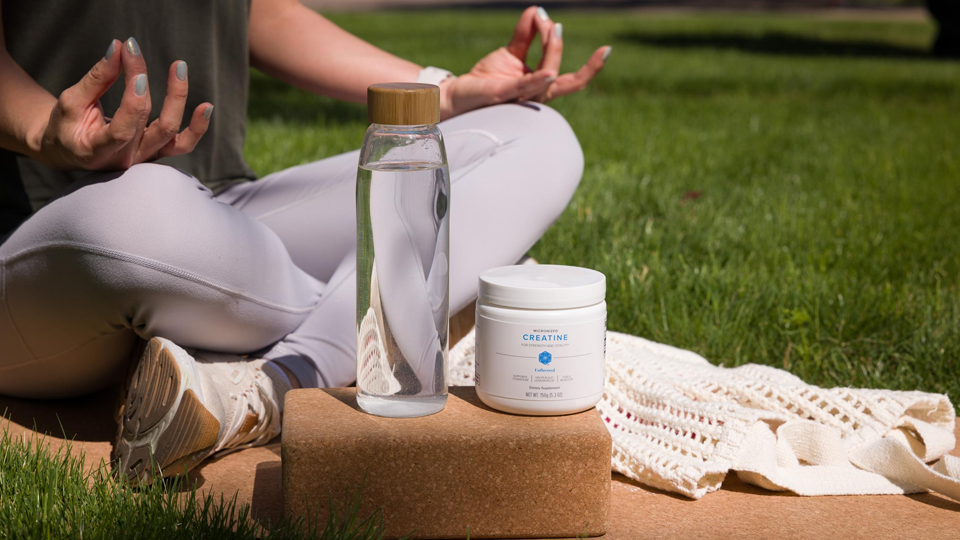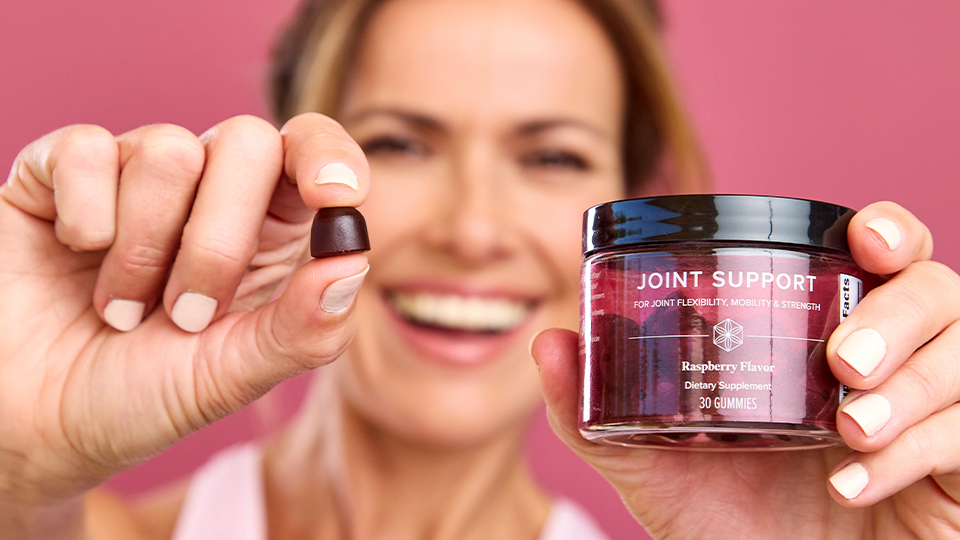Any athlete can probably tell the difference in their performance depending on the sleep they got the night before. Proper sleep is a big contributor for recovery from grueling workouts and helps prime the body for optimal training. Unfortunately, getting proper sleep every night isn’t always possible, especially when on the road. Melatonin has long been used to help improve sleep quality or help with jet lag, but now a new study suggests other performance-enhancing benefits from the supplement.
For the study, published in the Journal of Pineal Research, researchers used an animal model to test whether melatonin supplementation would help in recovery from strenuous exercise (1). Mice exercised to exhaustion for 10 straight days with or without melatonin and muscle damage and oxidative stress was measured. Results showed that the melatonin-supplemented group had greatly reduced muscle damage and oxidative stress.
In addition to the profoundly reduced level of muscle damage from oxidative stress, the research team found improved recovery via increased growth factors in the cardiovascular system. Interestingly, a special protein called vascular endothelial growth factor A, increased by a massive 179 percent in subjects treated with melatonin. This protein is responsible for blood vessel growth and increased vasodilation, meaning such a large increase translates to greatly enhanced blood flow to all muscles of the body.
Better blood flow equals more nutrients and oxygen flooding to working and recovering muscles. This leads to faster recovery, and improved performance.
Another finding of the study was a key antioxidant, SOD, increased by 22 percent in the melatonin-treated group. This antioxidant is an important defense in nearly all of living cells and greatly reduces cellular damage. Having greater levels of antioxidants could mean less time spent in a recovery state and more time training.
Pushing the performance envelope in athletics requires training at an intense level. While strenuous exercise is generally a good form of stress, it can lead to overtraining and slow recovery. Some negative training effects include the overproduction of reactive oxygen species that can disrupt cellular function and recovery. This new study is one of the first to find that melatonin supplementation may help reverse exercise-induced muscle damage and stimulate the circulatory system to greatly aid in the rebuilding of damaged muscles.
Athletes who train intensely and are looking for an edge, in addition to wanting a good nights’ sleep every night, will be glad to know that their favorite natural sleep aid can also boost blood flow to speed their recovery times. Perhaps this new study offers a clue for why previous research using melatonin in elite athletes has been so successful.
Reference
Borges LdS, Dermargos A, Junior EPdS, Weimann E, Lambertucci RH, Hatanaka E. Melatonin decreases muscular oxidative stress and inflammation induced by strenuous exercise and stimulates growth factor synthesis. Journal of Pineal Research 2014.





